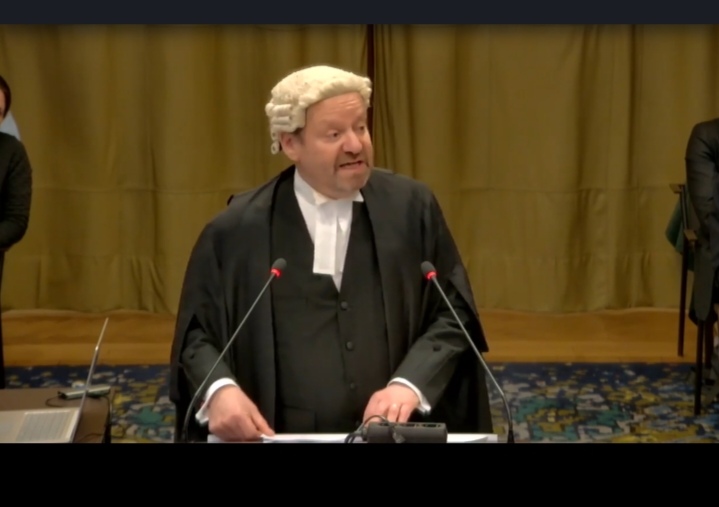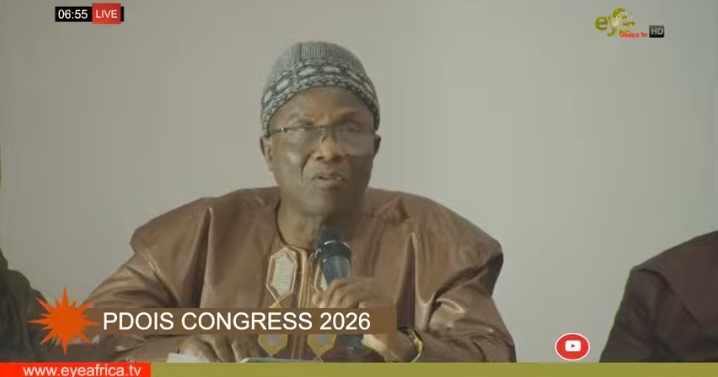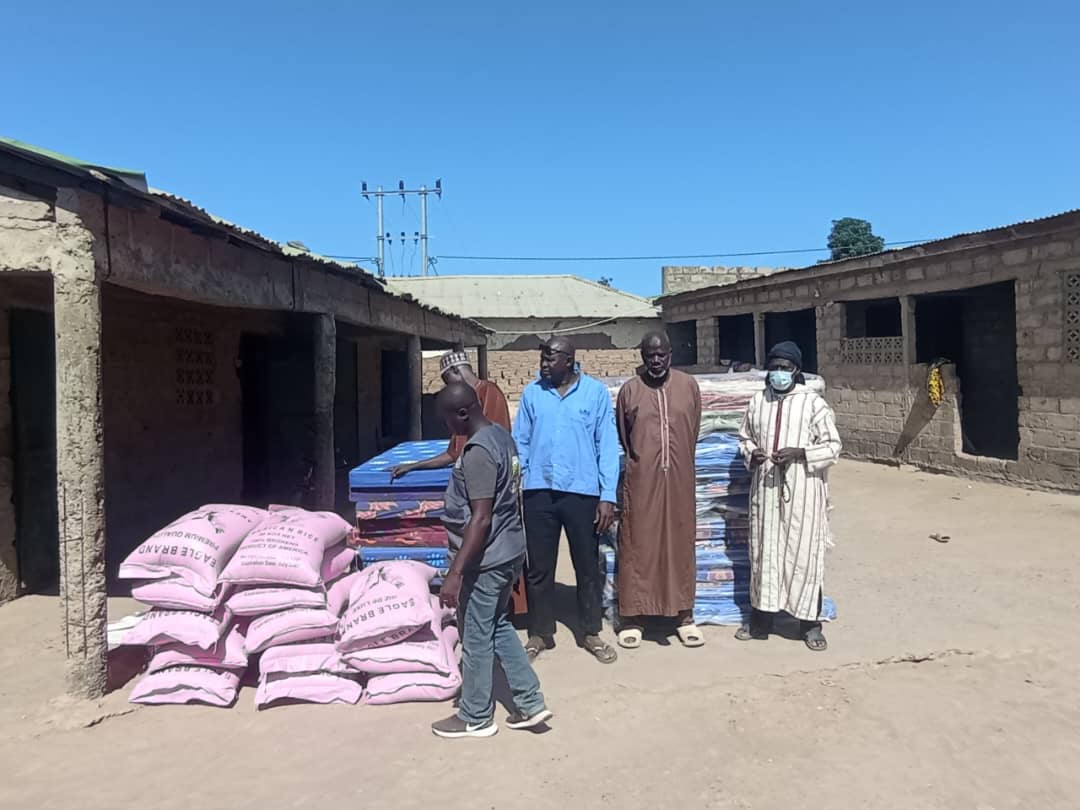By Pa Louis Sambou
I can imagine very few people being opposed to Diaspora enfranchisement, something which appeared to have been a dirty word in the vocabulary of the previous government. With the current administration, hooray here it comes! Is this really the case or, perhaps naïve optimism? Given the circumstances, I guess it’s safe to assume that the answer lies somewhere in-between.
The Diaspora in 2016 accounted for over 22% of The Gambia’s GDP which in cash terms is reported to be $205.6 million and steadily rising to $226.7 million in 2017, $277.9 million in 2018 and $318.5 million in 2019. The economic contribution of this ‘off-shore’ citizenry dwarfs that of key sectors such as Agriculture, Industry and even Tourism all of which individually account for much less. In light of these facts one could reasonably argue that the economic case for Diaspora enfranchisement is made out, something which convincingly diminishes the ‘lack of funds’ argument by the powers that be, an argument which may have been true years gone by but, in this day and age, the wealth of available data to the contrary renders it too weak a proposition to sustain the weight anyone may place on it. Additionally, assuming such an excuse of an argument was ever a genuine one, it’s no longer credible. Besides, Guinea Bissau with a much larger population and much less wealth in comparison has extended the franchise to its Diaspora. So, the ‘lack of funds’ excuse is just that, an excuse and no more.
Proponents of the subject have long attributed the failure of the State to extend the franchise to the Diaspora to being a breach of the Constitution. Whilst sympathetic with this position, without intending to prejudice any interests around the subject matter nor create a problem which I’ll perhaps complain about later, I find this position no more credible than the aforementioned ‘lack of funds’ excuse. I say this because the right to vote under Section 39 of the Constitution is a general right which, like every other general right guaranteed under the Constitution, is intended to be enjoyed by eligible citizens within jurisdiction. Therefore, to suggest that this general right to vote imposes a legal obligation on the State to facilitate the enfranchisement of the Diaspora would by default also suggest that the general right to life under section 18 imposes an obligation on the State to prevent the unlawful deprivation of life of every Gambian citizen wherever in the world they may be. For a right which is exercisable out-of-jurisdiction to be mandated by the Constitution, it must be provided in express and specific terms, otherwise such remains a matter of Executive discretion. The right to vote is no exception to this. But, this is however not to excuse the State’s indefensible indiscretion on the subject.
One would have thought that the once-upon-a-time champions of Diaspora enfranchisement, GOFER (Gambia Opposition For Electoral Reform) which constituted all the Jammeh-era opposition parties except GDC would swing into action and make Diaspora enfranchisement a reality the minute they won power in 2016. Why not? The upper age limit for the Presidency was amended likewise the provision which triggers a by-election whenever a party dismisses a sitting National Assembly Member but, every other electoral reform not linked to their political survival remain outstanding. The GOFER cohort would of course like us to believe that this is nothing to do with them looking after themselves, something which could only be true if self-service constitutes a public service. The last time I checked, this was certainly not the case. Call me a cynic and I may well be one I do not know but, the lack of enthusiasm on the part of any of the GOFER cohort to remove the barriers to meaningful political participation of the Diaspora could certainly not be divorced from what appears to be a general but irrational hostility if not suspicion towards the Diaspora.
If one thinks the undue restrictions on the Diaspora are farcical, the wisdom which informs such is even more pitiful: Apparently Gambians in the Diaspora, by merely resident within the jurisdiction of a ‘foreign power’ have ‘divided loyalty’ and ‘questionable patriotism’. Ironically, those to whom this unhinged claim could be traced (our politicians), rely on ‘foreign powers’ to bankroll and fund their policies, the oiling effect of which drives corruption which is hardly patriotic.
In the absence of a legally mandated franchise, the Diaspora’s right to vote is left at the mercy of Executive discretion. The Independent Electoral Commission’s (IEC’s) policy to extend the franchise to the Diaspora for the upcoming elections is a welcome one. The IEC does not have a dog in the ‘fight’ and hence their rational approach and one can only hope with cautious optimism that the policy would be fully followed through as it should.
Whilst I do not hold the view that there is a concerted conspiracy against Diaspora enfranchisement, in light of the unpleasant facts which emerged from the leaked draft Elections Bill 2020, it’ll be unmitigated naivety to write-off as fruitcake conspiracy, the suggestion that this administration perhaps has other plans which aren’t in sync with the progressive IEC policy on the subject. Section 15(a) and (d) of the leaked draft Election Bill seeks to pretty much retain the franchise restrictions as well as extend the same to disqualify from voting or contesting any public office, anyone and everyone with dual nationality or any history of regularised residency abroad. Such a proposal, disqualifies even members of the Cabinet and political appointees of the administration, such is the genius wisdom of this proposal. To seek to bar even his own handpicked political appointees, the ‘Bus driver’ must have lots of confidence in their undivided loyalty.
If this government is really receptive to the idea of Diaspora enfranchisement then, it’s doing a very good job hiding it.
In a recent interview with Eye Africa TV, the ‘Bus driver’, explaining why he parted company with the UDP stated that: “when my position became a subject matter, that’s where the problem started”, a salient hint which when considered in conjunction with all of the above suggests that Diaspora enfranchisement after-all, in the absence of an expressed political will, is certainly not a slam dunk by no stretch of reasonable imagination. Some clarity from the Executive on this important subject, would be extremely helpful.
About the Author
The author is regular columnist contributor to this medium.
Twitter handle: @That_Pragmatist
Publisher’s Note
Views expressed herein are those of the author and do not necessarily represent the views of the publisher. Want to be a contributing author? Please email opmail220@gmail.com






